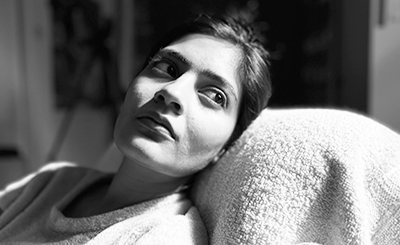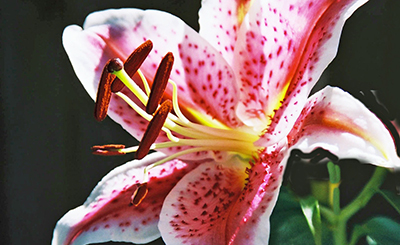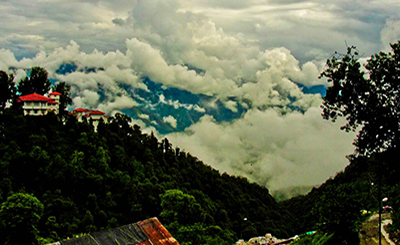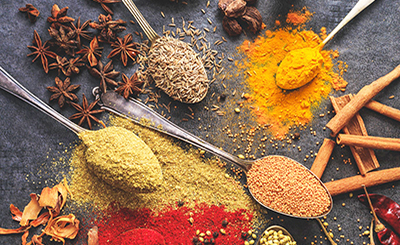
English ghazal has been my creative release
Growing up between the words of English and the music of Urdu, it was upon reading Agha Shahid Ali that I discovered the possibilities available to me in the English ghazal. Since then, the English ghazal has been both my creative release, and, as I have lately felt, my pet peeve, against which I increasingly seek to rebel. Also, having divided my time for the last half a dozen years between Delhi and its northern suburb, I have grown enamoured of birds, and bird imagery and mythology are beginning to find their way into my poems. I would like to let my selection of poems here say the rest.
Reading Ghalib
Reading Ghalib, one is lead to wonder,
Was his skill greater or his agony?
‘I did not set out to be a poet,
Poetry chose me for its mastery.’
From Arabic to Farsi, then Urdu,
Should the ghazal take form, mean, or be?
Forget Farsi, Urdu, Arabic,
Read my English ghazals to find beauty.
Shahid is no more, he was a master,
Death will come to you too, Maaz, why worry?
Love, This
The lapwings of Sonipat are noisy,
a drongo pierces the eve with its shrill cry.
The egrets are still plaintive,
flying in the night sky.
The peacock has been surly,
moaning no rains,
once again. When it rains,
our roofs drip,
the students crib, no place
to lip, no country
for young love —
this.
Lapwing/Titahri
The lapwing of English
cries: “Did he do it?”
The Titahri of Hindi weeps,
from the Mahabharata
we know, Krishna made a promise
he did not keep.
Her unborn chicks,
were to be kept safe
from harm until
the righteous war tolled.
Vasudev hid her eggs
under an elephant bell
at the terrible battle
of Kurukshetra,
but, alas, he forgot.
So forever ring the sighs
of the wronged mother,
her piercing, shrill, staccato cries,
For she could not have lifted,
the sanctorum gifted, she can
only ask: “did he do it (yet)?”
The Pithy Ghazal
With a short pithy metre,
Will you compose a ghazal?
Will a David slay Goliath
in the pose (of) a ghazal?
At the trial of brevity,
Would you depose a ghazal?
SMS your beloved
in, I suppose, a ghazal?
The lover who loves, will he
get the gallows, a ghazal?
The test of faith: sacrifice,
/Qurbani,
Yet, you repose a ghazal.
So much Dukkha, will we act?
Th’answer, m’friend, blows a ghazal.
Best not be born, second—death,
Maaz, decompose a ghazal.
In Poetry
I have wagered to test the power in poetry,
Not just enamour, but to keep her in poetry.
My claim is still greater: to counter norms in verse,
I seek neither escape, nor shelter in poetry.
Do away with alliance, judgement, and pretence.
Can it wreak havoc, this bulldozer in poetry?
Mythologized love, to reshape, to rearrange
society. Here acts a remaker in poetry.
Writing is her name — to my words will she respond?
when I tell her I love her I miss her in poetry?
To hell with Faiz and the world, they lie there’s other grief,
find love with Maaz, there is none happier, in poetry.
The essay and the poems are part of our Poetry Special Issue (January 2022), curated by Shireen Quadri. © The Punch Magazine. No part of this essay or the poems exclusively featured here should be reproduced anywhere without the prior permission of The Punch Magazine.
More from The Byword
Comments
*Comments will be moderated











